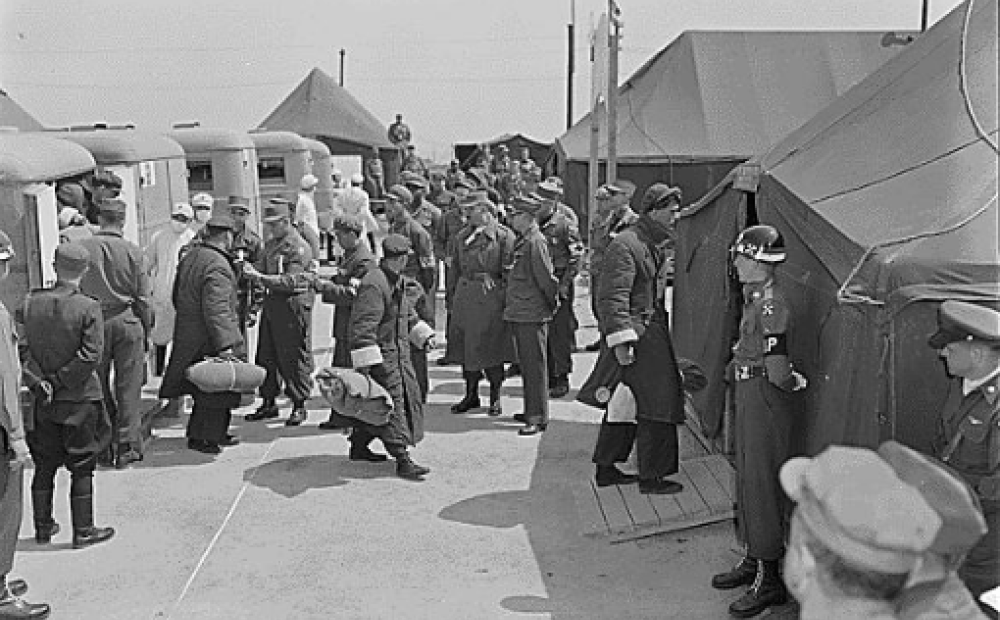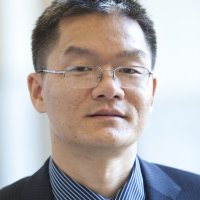Behind the Deadlock: The U.S., the PRC, the U.K. and the Issue of the POWs during the Korean War

Image: At Panmunjom, Korea, POW's (recently repatriated in the UN POW exchange) are off-loaded from ambulances. Photograph from the US National Achives: http://research.archives.gov/description/542188
Who should be responsible for the deadlock of the truce talks on the repatriation of the POWs during the Korean War? What were the motivations underlying the principle of non-forcible repatriation of the U.S.? What actually influenced the PRC to accept the truce? What were the roles of other powers besides the U.S., the PRC and the USSR? Youzhen Xu, ECNU-WWICS Cold War Studies Initiative Scholar from Wuhan University will discuss these issues based on a multilateral-interaction perspective and a multi-archival study of the roles of the U. S., the PRC and the UK, in particular, in the formation and resolution of the deadlock over the issue of the POWs during the Korean War armistice negotiations. Not only will she explore policies, focusing on their underlying considerations and thinking, but also the interaction of different policies within bloc and inter blocs, especially the British effort to break the deadlock in such context.
Joining Youzhen on the panel is Wilson Center Fellow Yafeng Xia.
James F. Person, project coordinator for the Wilson Center's North Korea International Documentation Project will chair the event.
Speakers

Professor, Vice Dean School of History, Wuhan University, P.R. China

Professor of History, Long Island University

Professor of Korean Studies and Asia Programs, JHU SAIS; Senior Fellow, Foreign Policy Institute, SAIS
Hosted By

Cold War International History Project
The Cold War International History Project supports the full and prompt release of historical materials by governments on all sides of the Cold War. Read more


North Korea International Documentation Project
The North Korea International Documentation Project serves as an informational clearinghouse on North Korea for the scholarly and policymaking communities, disseminating documents on the DPRK from its former communist allies that provide valuable insight into the actions and nature of the North Korean state. Read more


History and Public Policy Program
A leader in making key foreign policy records accessible and fostering informed scholarship, analysis, and discussion on international affairs, past and present. Read more
